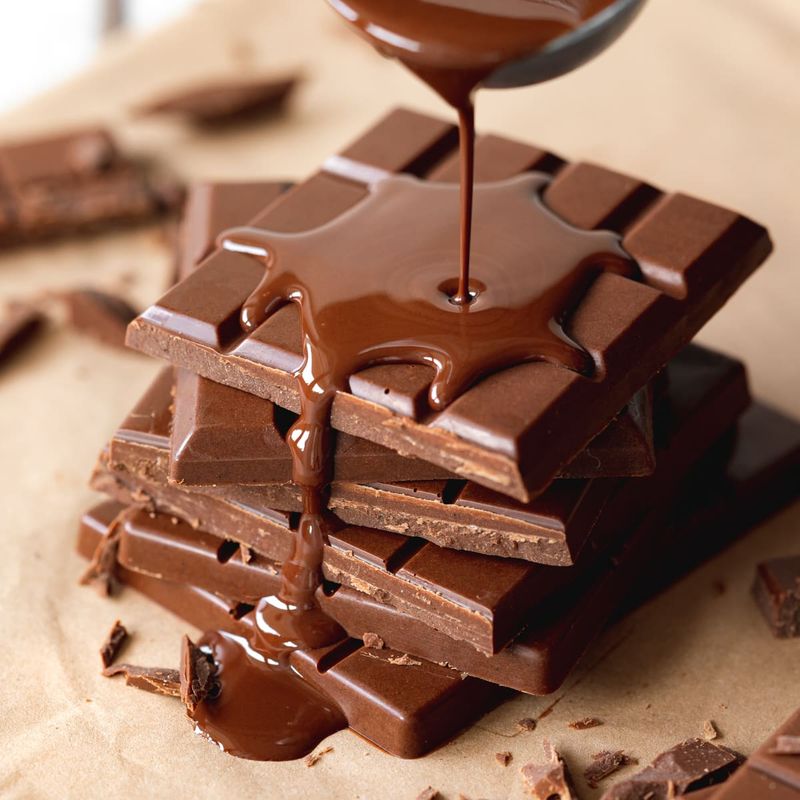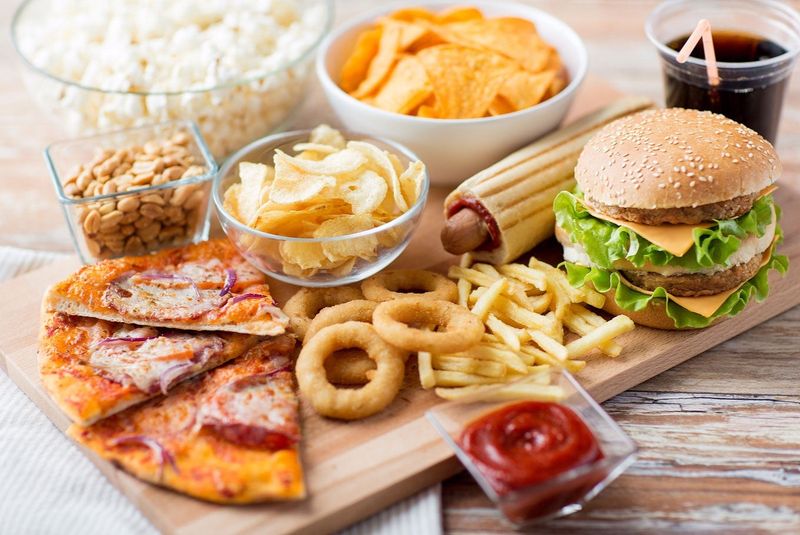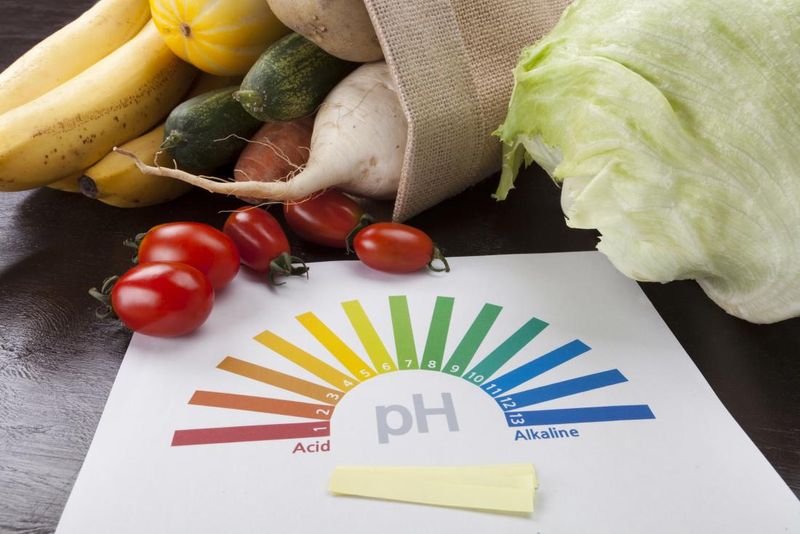Getting a good night’s sleep can feel impossible when certain foods are working against you. What you eat before bedtime directly affects how well you rest, and some foods can keep you tossing and turning for hours. Many people don’t realize that their late-night snacks might be the reason they wake up feeling tired and cranky.
1. Chocolate
That sweet chocolate treat might seem perfect for winding down, but it’s actually loaded with caffeine and sugar that can keep your brain buzzing. Dark chocolate contains more caffeine than milk chocolate, making it especially problematic for sleep.
The theobromine in chocolate acts as a mild stimulant, similar to caffeine but longer-lasting. Even small amounts can affect sensitive people for several hours.
Save your chocolate cravings for earlier in the day when you can enjoy them without sacrificing your sleep quality.
2. Spicy Foods
Fiery foods like hot wings or spicy curry can literally heat up your body temperature, making it harder to fall asleep. Your body naturally cools down as bedtime approaches, but spicy foods fight against this process.
Capsaicin, the compound that makes peppers hot, can also cause heartburn and indigestion. These uncomfortable feelings can keep you awake long after you’ve finished eating.
Additionally, spicy foods can trigger acid reflux when you lie down, creating burning sensations that make peaceful sleep nearly impossible to achieve.
3. Fatty Foods
Greasy burgers, fried chicken, and other high-fat foods take tremendous energy to digest, forcing your body to work overtime when it should be resting. This digestive marathon can keep you uncomfortably full and restless.
Fat slows down digestion significantly, meaning that late-night pizza will still be sitting in your stomach hours later. Your body struggles to enter deep sleep while processing heavy meals.
Research shows that people who eat high-fat foods before bed experience more fragmented sleep and wake up feeling less refreshed than those who avoid them.
4. Sugary Snacks
Cookies, candy, and other sugary treats create a roller coaster effect in your blood sugar levels that can wake you up multiple times during the night. The initial sugar rush gives you energy when you need to wind down.
When your blood sugar crashes a few hours later, your body releases stress hormones like cortisol to bring levels back up. These hormones are designed to wake you up and keep you alert.
This cycle can repeat throughout the night, leaving you with broken, poor-quality sleep that doesn’t leave you feeling rested in the morning.
5. Alcohol
While alcohol might make you feel drowsy initially, it actually disrupts your sleep cycles and prevents deep, restorative rest. Many people use alcohol as a sleep aid, but it backfires completely.
Alcohol blocks REM sleep, which is crucial for mental recovery and memory consolidation. Without enough REM sleep, you’ll wake up feeling foggy and unrested.
As alcohol metabolizes during the night, it can cause rebound wakefulness, making you bolt awake at 3 AM feeling anxious and unable to fall back asleep easily.
6. Acidic Foods
Tomatoes, citrus fruits, and vinegar-based foods can trigger acid reflux and heartburn, especially when you lie down after eating. The burning sensation in your chest makes comfortable sleep nearly impossible.
Acidic foods relax the muscle that keeps stomach acid where it belongs, allowing it to creep up into your esophagus. This creates painful burning that worsens when you’re horizontal.
Even if you don’t usually have heartburn problems, eating acidic foods close to bedtime can cause temporary discomfort that keeps you awake and uncomfortable all night long.
7. Caffeinated Beverages
Coffee, energy drinks, and even some teas contain caffeine that can stay in your system for 6-8 hours after consumption. That afternoon coffee might still be affecting you at midnight.
Caffeine blocks adenosine, a chemical that makes you feel sleepy, essentially tricking your brain into staying alert. Even small amounts can affect people who are sensitive to stimulants.
Hidden sources like chocolate, some medications, and decaf coffee (which still contains small amounts) can add up throughout the day and interfere with your natural sleep patterns.
8. Large Meals
Eating a huge dinner right before bed forces your digestive system to work hard when it should be slowing down for the night. Your body needs energy to break down large amounts of food.
Big meals can cause physical discomfort, bloating, and feelings of being overly full that make it difficult to find a comfortable sleeping position. You might feel restless and uncomfortable.
The increased metabolic activity from digesting large meals can raise your body temperature, working against your body’s natural cooling process that helps signal it’s time to sleep.
9. Processed Meats
Deli meats, hot dogs, and bacon contain tyramine, an amino acid that triggers the release of norepinephrine, a brain stimulant that can keep you wide awake. This chemical reaction can last for hours.
High sodium levels in processed meats can also cause dehydration and frequent trips to the bathroom during the night. The salt makes you thirsty, disrupting your sleep cycle.
Preservatives and additives in these foods can cause headaches and digestive issues in sensitive people, creating additional discomfort that interferes with peaceful, uninterrupted sleep throughout the night.
10. Ice Cream
This beloved frozen treat combines sugar, fat, and often caffeine (in chocolate flavors) into one sleep-disrupting package. The sugar provides an energy boost when you need to wind down.
The high fat content takes significant energy to digest, while the cold temperature can actually shock your system and make you more alert. Your body works to warm itself back up.
Many ice cream flavors contain hidden caffeine from chocolate, coffee, or tea ingredients that can keep you awake for hours after that seemingly innocent bedtime snack.










Leave a comment